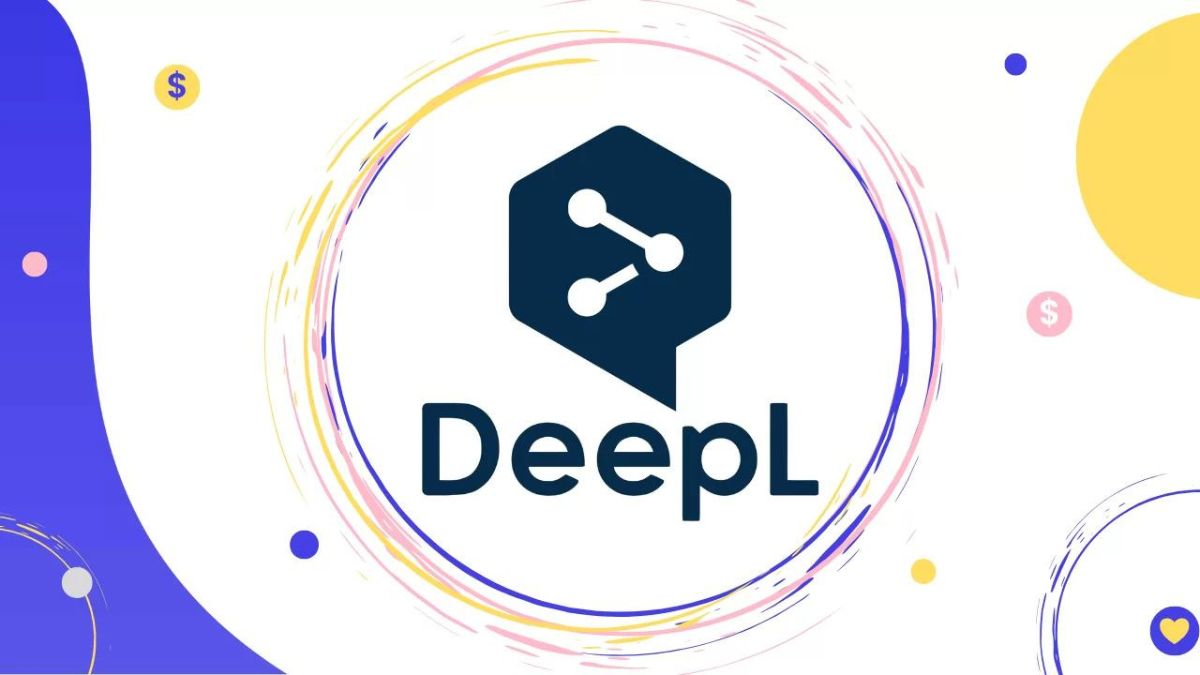DeepL, the German AI translation startup valued at $2 billion, has announced the addition of traditional Chinese to its language offerings. This move is part of the company’s strategic push into the Asian market, focusing on business clients rather than everyday consumers.
Traditional Chinese, used in Taiwan and Hong Kong, represents a significant opportunity for DeepL, given the region’s prominence in technology and finance. DeepL CEO Jaroslaw “Jarek” Kutylowski highlighted Taiwan’s technological advancements, notably the presence of the world’s largest chipmaker, TSMC, as a key factor in the company’s decision to include this language.
The company, headquartered in Cologne, Germany, already supports Japanese and Korean, marking its initial foray into Asia. Kutylowski emphasized that Taiwan’s market bears similarities to other successful Asian markets, such as Japan and Korea, which influenced the decision to expand into traditional Chinese.
Currently, DeepL’s traditional Chinese services will be managed from Japan, with potential future expansions in Taiwan and Hong Kong contingent on business growth. This launch follows DeepL’s recent release of its next-generation large language model (LLM), which the company claims surpasses the latest versions of ChatGPT, Google, and Microsoft in translation quality.
DeepL, backed by high-profile investors including Mark Zuckerberg’s ICONIQ Growth and Index Ventures, competes with established players like Google Translate, focusing on corporate clients. The addition of traditional Chinese brings its total language offerings to 33, aiming to facilitate global communication for businesses and attract new clients from expanding international markets.
While DeepL currently offers simplified Chinese for mainland China, it has no business dealings with Chinese companies. The introduction of traditional Chinese is seen as a strategic move to challenge major Chinese tech firms like Baidu and Tencent, which have their own translation tools.
Looking ahead, DeepL plans to continue its focus on Asian languages and is working on a spoken language translation product, although a timeline for its release has not been specified. Kutylowski noted that translating spoken language will become a crucial part of DeepL’s strategy in Asia and a significant revenue stream.


